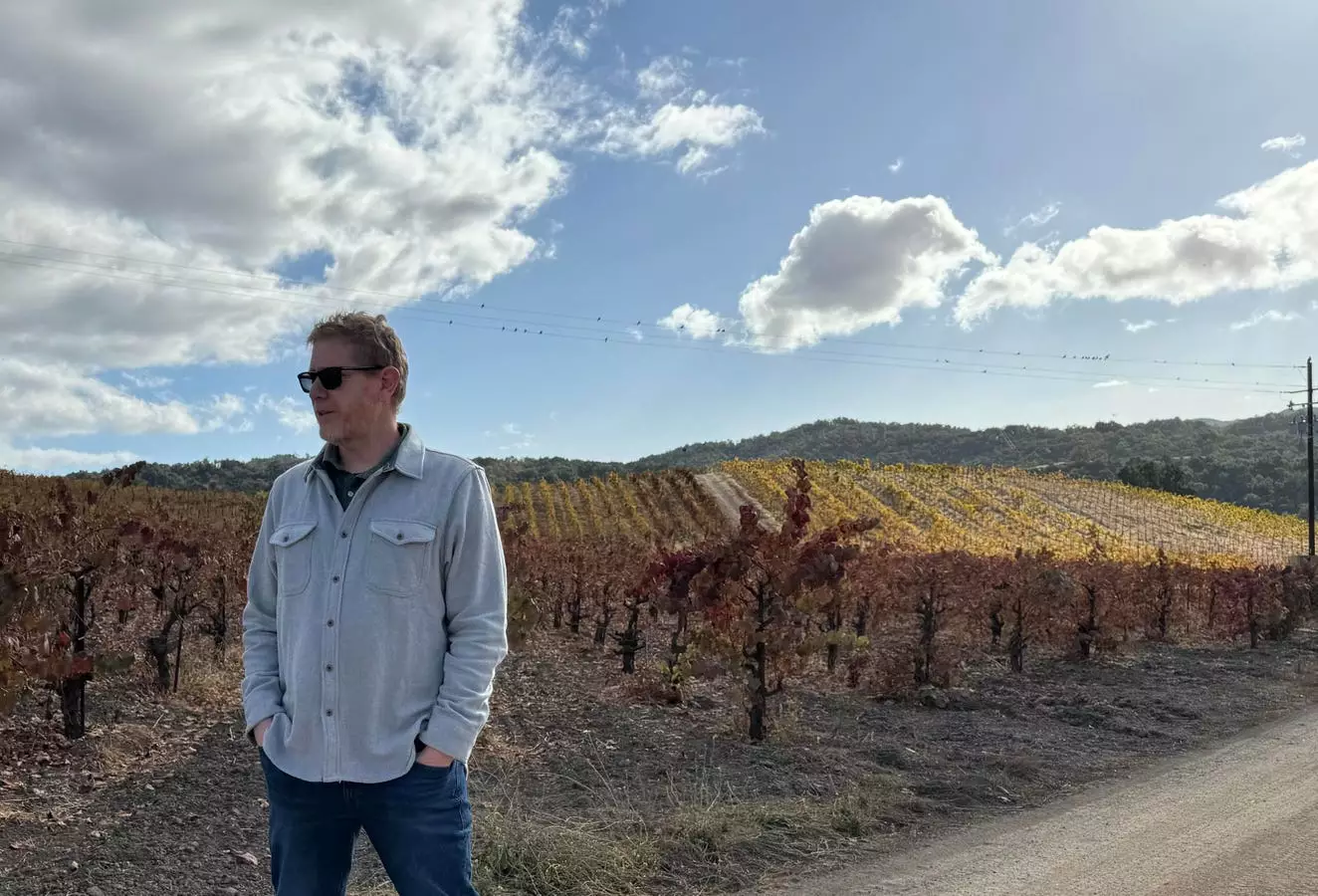In the realm of winemaking, Tablas Creek Vineyard stands as an exemplary model for sustainability and innovation. Nestled in the heart of Paso Robles, California, this vineyard has become a beacon for environmentally-conscious practices and high-quality wine production. With their groundbreaking introduction of the first premium bag-in-box wine in the United States, Tablas Creek challenges conventional perceptions about wine packaging while setting a new standard for sustainable practices. This article explores the vineyard’s journey, philosophy, and the broader implications of their sustainable initiatives not just for California but for the global wine industry.
At the core of Tablas Creek Vineyard’s success lies the strategic partnership between the Perrin family of France’s Château de Beaucastel and the Haas family of Vineyard Brands. This transcontinental collaboration brings together expertise from two renowned wine-producing regions, uniting traditions and innovations to create exceptional wines. The partnership is not merely transactional; it represents a rich exchange of knowledge and techniques, enabling both parties to refine their practices. The focus on biodynamic and regenerative organic methods exemplifies their commitment to nurturing the land while producing wines that celebrate the terroir of the region.
The collaboration also emphasizes the strength of shared values. As Jason Haas, a key figure in the vineyard’s operations, articulates, sustainability principles permeate their culture. Team members are drawn to the organization not just for employment but for its ethos, enhancing the commitment to environmental stewardship. This self-selection encourages a robust community of individuals who are not only skilled winemakers but also passionate advocates for sustainable agriculture.
Tablas Creek Vineyard’s dedication to minimizing intervention in their winemaking process sets them apart. Utilizing ambient yeasts and organic production methods allows them to create wines that are not only natural but also reflective of the terroir. This philosophy encourages a dynamic interplay between the winemakers and the land, fostering a holistic approach to both viticulture and vinification.
Moreover, Tablas Creek’s commitment to biodiversity manifests in their vineyard management, which eschews chemical pesticides and fertilizers. Instead, they leverage natural processes, such as composting and planting cover crops, to promote soil health. This regenerative approach not only enhances the quality of the grapes but also contributes to the resilience of the vineyard ecosystem.
Tablas Creek has not only embraced sustainability in their own operations but has also taken significant steps to mentor and guide other wineries in the region and beyond. As a member of the Rhone Rangers—a non-profit dedicated to the promotion of Rhone varietals in the United States—Jason Haas plays a pivotal role in fostering a community of producers who share the same values. Their vine nursery has been instrumental for many growers, facilitating access to high-quality Rhone varietal stock and thus spurring the growth of the Rhone movement across the nation.
As the Texas wine industry increasingly recognizes the benefits of sustainability, Tablas Creek’s influence resonates throughout the state. Through guidance and knowledge sharing, the vineyard aids Texas producers in their journey toward quality improvement and sustainable practices. Jason notes that the success of these efforts requires an ambitious approach to certification. Seeking acknowledgment as certified sustainable or organic should challenge producers to innovate and transform, ensuring that such certifications are meaningful rather than merely symbolic.
As sustainability becomes a priority for wine producers around the world, Tablas Creek Vineyard’s approach serves as both an inspiration and a guide. Their steadfast commitment to environmentally responsible practices showcases how sustainability can now be viewed as a competitive advantage. This empowers other wineries to embrace similar values, shaping a more sustainable future for the industry.
The cultural shift towards sustainability fosters collaboration among winemakers, allowing them to unite against common environmental challenges. The drive for sustainability not only benefits the ecosystem but can also resonate with consumers who increasingly seek wines that reflect their values. In this context, wineries like Tablas Creek are not just participating in a trend; they are leading a revolution that redefines what it means to produce exceptional wine responsibly.
Tablas Creek Vineyard exemplifies how commitment to sustainability can redefine the winemaking landscape. Through a unique partnership, innovative practices, and leadership in the industry, they show that it is possible to produce exceptional wines that honor environmental stewardship. As the spotlight on sustainability continues to grow, Tablas Creek serves as a testament to the potential for harmonious coexistence between quality wine production and ecological responsibility. As more wineries follow in their footsteps, the future looks promising for a wine industry attuned to both tradition and sustainability.


Leave a Reply